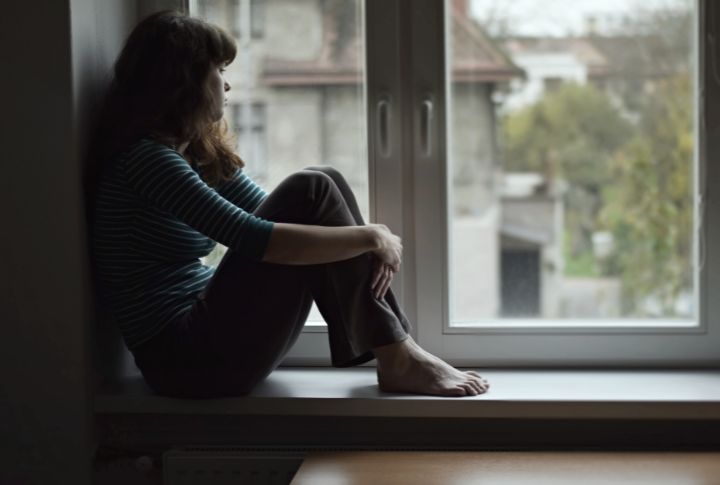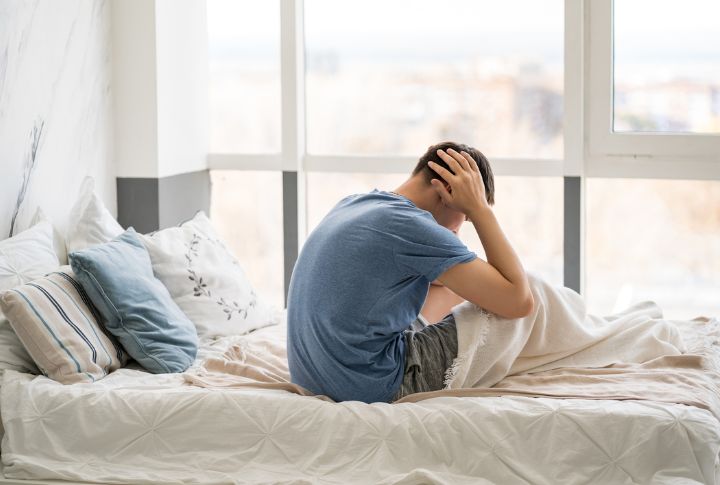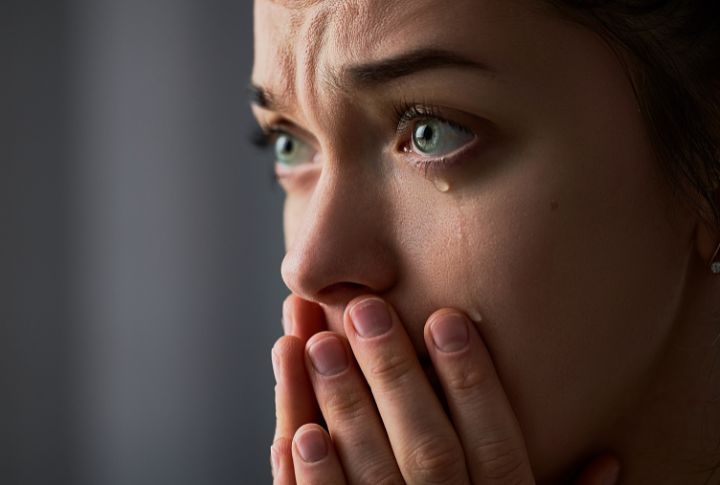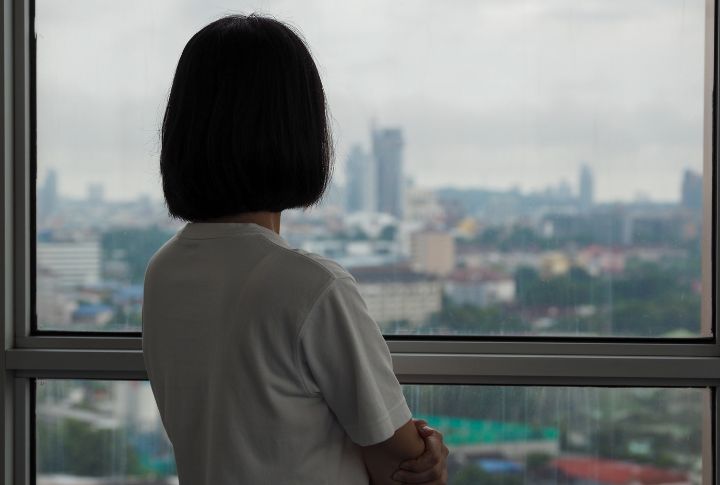
The complex and multifaceted mental health condition called depression affects millions of people worldwide. While some symptoms are overt and easily recognized, many behaviors associated with depression are more subtle and often go unnoticed, even by those experiencing them. These subconscious behaviors can manifest in various ways, influencing daily activities, interactions, and well-being. Understanding these behaviors helps one identify depression in oneself or others and seek appropriate support and treatment. Let’s take a look at 15 ways depressed people subconsciously behave.
Social Withdrawal

Depressed people could withdraw from social interactions, avoiding friends and family. They may do this because they fear being judged, don’t have the energy to engage in conversations, or assume they may burden others with their problems.
Loss of Interest

Activities that once brought joy and excitement may no longer seem appealing. This lack of interest, known as anhedonia, is a core symptom of depression and is commonly used to diagnose it.
Changes in Appetite

Depression can alter eating habits. Some people may lose appetite and eat less, leading to weight loss, while others might turn to food for comfort, resulting in weight gain. These changes can be a response to emotional distress or a way to cope with negative feelings.
Sleep Disturbances

Sleep patterns are commonly disrupted by depression. Insomnia, where people have trouble falling or staying asleep, is common. Conversely, some may experience hypersomnia, sleeping excessively but still feeling tired.
Fatigue and Low Energy

Tiredness and a lack of energy that keeps coming back are hallmark signs of depression. Even with sufficient rest, individuals may find it hard to get out of bed or feel physically exhausted throughout the day. Such fatigue can interfere with daily activities and responsibilities, making even simple tasks overwhelming.
Difficulty Concentrating

Depression can significantly impair cognitive functions, making it hard to concentrate, make decisions, or remember details. This mental fog can affect performance at work or school, causing frustration and a sense of incompetence, worsening feelings of worthlessness and hopelessness
Negative Self-Talk

It’s not strange for depressed people to frequently engage in negative self-talk. They’ll rebuke themselves and feel unworthy or guilty. Constant self-criticism can erode self-esteem, reinforce depressive thoughts, and make it difficult to see oneself in a positive light or to believe in one’s abilities.
Irritability and Anger

Depression can manifest as irritability or anger, often as a result of internal frustration and stress. Minor annoyances may trigger disproportionate reactions, and individuals may snap at others or have difficulty controlling their temper.
Physical Aches and Pains

Sometimes, depression comes with unexplained physical symptoms, such as headaches, back pain, or stomach issues. These aches and pains are not typically tied to any specific physical illness but are instead a manifestation of the emotional and psychological distress that the person is experiencing.
Slowed Movements or Speech

Psychomotor retardation is a symptom that involves a noticeable slowing down of body movements and speech. Depressed people may walk, talk, or react more slowly than usual—a behavior that can be frustrating for them and those around them.
Crying Spells

Frequent and uncontrollable crying can occur without an apparent reason. These spells are a way for the body to release pent-up emotional pain and frustration. Yes, crying can be a healthy outlet, but it can also be a sign of deeper emotional turmoil when it happens regularly and seemingly without cause.
Neglect of Responsibilities

Depression often leads to neglecting responsibilities at work, school, or home. Tasks may seem overwhelming or pointless, and the individual might lack the motivation to complete them. When this leads to consequences, such as job loss, academic failure, or deteriorating living conditions, it can worsen depression.
Substance Abuse

People turn to alcohol or drugs as a way to numb their emotional pain and escape from their feelings. While offering temporary relief, it can become addictive and worsen depressive symptoms in the long run.
Avoidance of Eye Contact

Avoiding eye contact can be a subtle sign of depression. The stem may be low self-esteem, shame, or discomfort. It can make interactions awkward and reinforce the individual’s sense of isolation and disconnection from other people.
Pessimistic Outlook|

A generally cynical and hopeless outlook on life is a common symptom of depression. Individuals may think that their situation will never improve and that the future holds no positive possibilities. Pessimism can be self-perpetuating, making it hard to take steps toward recovery or to see potential solutions to problems.

Comments
Loading…